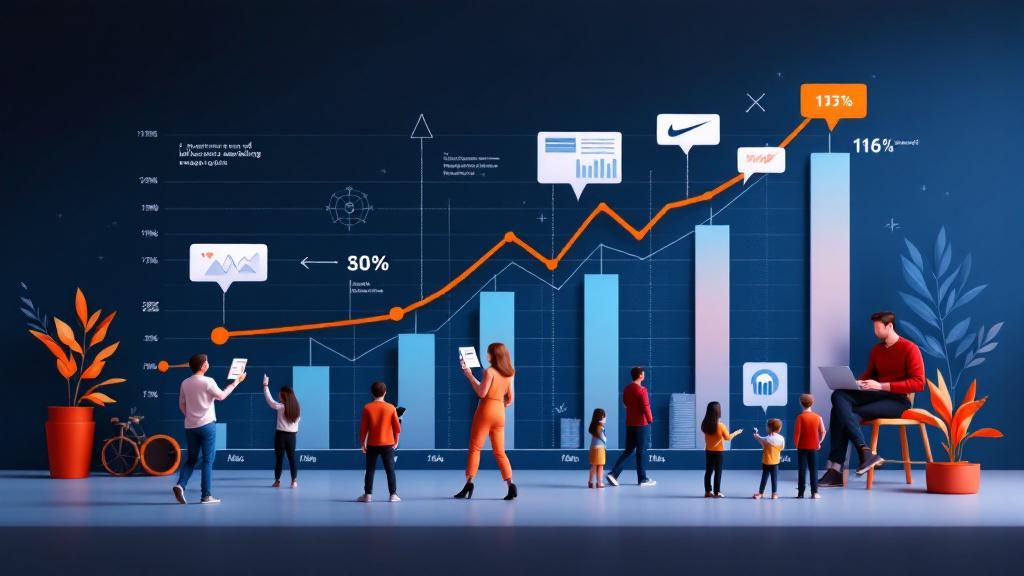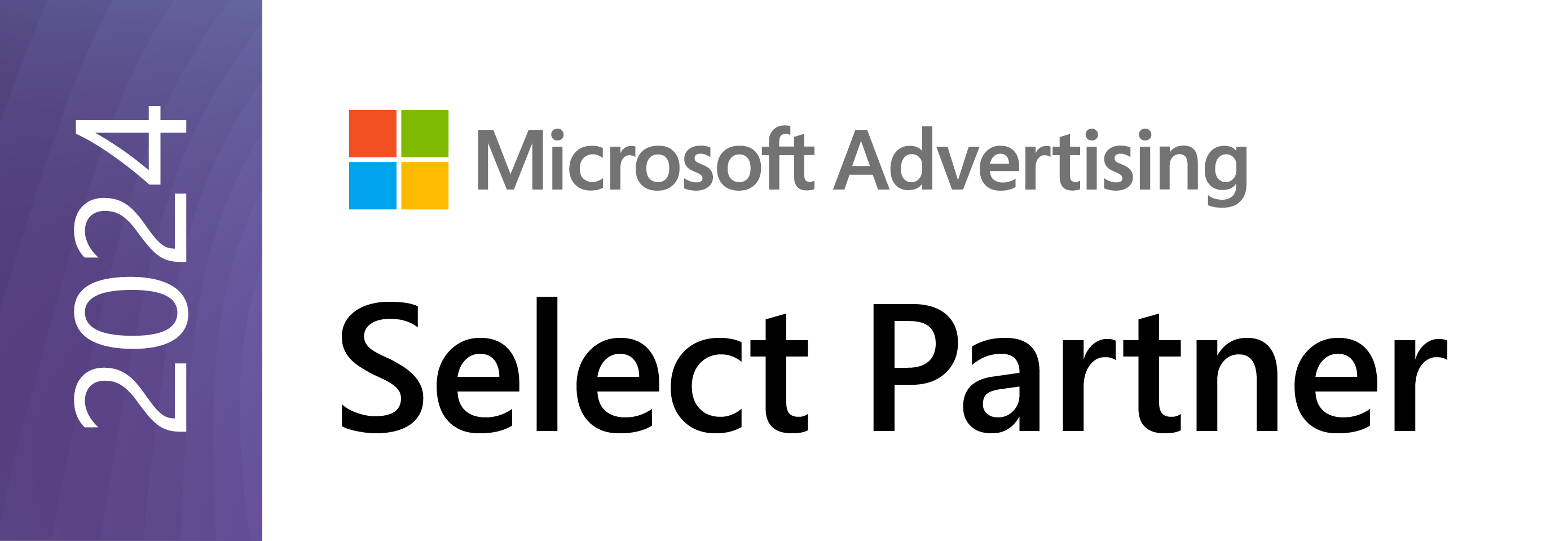
Influencers Shaping Online Reputation in 2024
Understanding Influencer Dynamics in Reputation Management
Currently, the Influencer Industry plays a pivotal role in shaping brand perceptions and consumer behavior. This sector has become a cornerstone of brand reputation management, as influencers possess the unique ability to reach vast audiences and sway public opinion. Their influence extends beyond traditional advertising, making them invaluable assets in the broader economy. By leveraging their platforms, brands can effectively manage their reputation and enhance their visibility in competitive markets.
The scope of this report is to delve into the dynamics of influencer involvement in brand reputation management. It aims to provide a comprehensive analysis of how influencers contribute to brand brand reputation management and the strategies they employ to maintain a positive image. The data collection methods for this report include a combination of quantitative and qualitative research, ensuring a well-rounded perspective. Surveys, interviews, and case studies have been utilized to gather insights from industry experts and influencers themselves.

Current Landscape of Influencer Marketing
Influencer marketing has rapidly evolved into a dynamic and integral component of the digital marketing landscape. This industry is structured around several key segments and sub-sectors, each playing a vital role in shaping its current form. At the core, influencer marketing involves collaborations between brands and individuals with significant social media followings, known as influencers. These influencers leverage their platforms to promote products, services, or brand messages, effectively bridging the gap between companies and their target audiences.
The industry’s structure can be broken down into several segments, including macro-influencers, micro-influencers, and nano-influencers. Macro-influencers, often celebrities or well-known personalities, boast large followings and offer brands extensive reach. Micro-influencers, with smaller but highly engaged audiences, provide brands with niche market penetration and authentic engagement. Nano-influencers, the smallest tier, often have the most intimate connections with their followers, offering brands a personal touch in their marketing strategies.
The value chain of influencer marketing is complex, involving multiple stakeholders such as brands, influencers, agencies, and platforms. Brands initiate campaigns by identifying suitable influencers who align with their values and target demographics. Agencies often facilitate these connections, offering expertise in campaign management and strategy. Platforms like Instagram, YouTube, and TikTok serve as the primary channels for content dissemination, each offering unique features that cater to different types of influencer content.
The ecosystem of influencer marketing is supported by various tools and services designed to enhance campaign effectiveness. Reputation management and reputation monitoring are crucial in maintaining the credibility of both influencers and brands. These services help track public perception and manage any potential crises, ensuring that the brand’s image remains positive throughout the campaign. As the industry continues to grow, the integration of data analytics and performance metrics becomes increasingly important, allowing brands to measure the impact of their influencer partnerships and optimize future strategies.

Key Insights on Influencer Impact
The influencer marketing industry has witnessed significant growth, with the market size reaching approximately $16.4 billion in 2022, reflecting a robust annual growth rate of 29%. This expansion underscores the increasing reliance on influencers to drive brand awareness and consumer engagement. Major players in this dynamic market include agencies like CS Design Studios, who have helped many companies achieve their brand reputation goals. This ensures compliance and builds trust with clients and influencers alike.
Key performance indicators in this sector include engagement rates, follower growth, and conversion metrics, which are crucial for assessing the effectiveness of influencer campaigns. Recent trends highlight a shift towards micro-influencers, who, despite having smaller followings, often boast higher engagement rates and more authentic connections with their audiences. Additionally, there is a growing emphasis on video content, particularly short-form videos, which have proven to be highly effective in capturing audience attention.
To better understand these dynamics, consider the following visualizations:
- Market Growth Chart: Illustrates the steady increase in influencer marketing investments over recent years.
- Engagement Metrics Graph: Compares engagement rates across different influencer tiers, showcasing the effectiveness of micro-influencers.
- Trend Analysis Diagram: Highlights the rise of video content and its impact on audience engagement.
These insights demonstrate the evolving landscape of influencer marketing, where strategic reputation management and reputation monitoring services play a pivotal role in maintaining brand integrity and maximizing campaign success.

Emerging Trends in Influencer Strategies
In the dynamic world of influencer marketing, several emerging trends are reshaping strategies and impacting various industry segments. One significant trend is the increasing use of video content, which has become a cornerstone of influencer strategies. With the rise of platforms like TikTok and Instagram Reels, short-form video content is capturing audience attention more effectively than traditional posts. This shift is driven by the audience’s preference for engaging and easily consumable content. Companies like CS Design Studios, known for their expertise in Tucson video production, are capitalizing on this trend by offering creative video solutions, including photography and drone footage, to enhance influencer campaigns.
Another trend is the growing emphasis on authenticity and transparency. Consumers are becoming more discerning, seeking genuine connections with influencers who share their values and interests. This has led to a rise in micro-influencers, who often have more engaged and loyal followings than their macro counterparts. Brands are leveraging these smaller influencers to foster trust and credibility, which are crucial components of successful brand reputation strategies.
The integration of advanced analytics and reputation tracking tools is also transforming influencer strategies. Brands are now able to track and measure the impact of influencer campaigns with greater precision, allowing for more informed decision-making. This data-driven approach helps in refining strategies to better align with audience preferences and enhance overall brand reputation strategies.
These trends are not only influencing how brands engage with influencers but are also shaping the expectations of audiences across different industry segments. As these trends continue to evolve, they will undoubtedly play a pivotal role in defining the future of influencer marketing.

Forecasting the Future of Influencers in Reputation Management
The future of influencers in brand reputation management is poised for significant growth over the next three to five years. As digital platforms continue to evolve, influencers are expected to play an increasingly crucial role in shaping brand perceptions. The industry is projected to expand as more businesses recognize the value of leveraging influencers to enhance their brand reputation management strategies. This growth is driven by the increasing reliance on social media and digital communication channels, which provide influencers with a powerful platform to reach and engage with audiences.
Emerging technologies, such as Artificial Intelligence and Data Analytics, are set to revolutionize how influencers contribute to brand reputation management. These technologies will enable more precise targeting and measurement of influencer impact, allowing brands to optimize their strategies effectively. Additionally, the rise of new business models, such as micro-influencers and niche market influencers, will offer brands more tailored and authentic engagement opportunities, further enhancing their brand reputation management efforts.
However, the industry is not without its challenges. Potential disruptions could arise from changes in platform algorithms, shifts in consumer behavior, or increased scrutiny over influencer authenticity and transparency. Brands will need to navigate these challenges carefully to maintain effective brand reputation management strategies. By considering multiple scenarios and adapting to the dynamic digital landscape, businesses can harness the power of influencers to strengthen their brand brand reputation management efforts.

Strategic Recommendations for Leveraging Influencers
To effectively leverage influencers in today’s competitive market, businesses should consider several strategic recommendations. Established companies can benefit from investing in long-term partnerships with influencers who align with their brand values. This approach not only enhances brand brand reputation management but also fosters authentic connections with target audiences. Startups, on the other hand, might focus on micro-influencers who offer niche expertise and high engagement rates, providing a cost-effective way to build credibility and reach.
Investors should explore opportunities in monitoring tools, as these tools are crucial for assessing the impact of influencer collaborations. Additionally, there is significant potential for cross-industry collaboration, particularly in sectors like technology and lifestyle, where influencer-driven content can drive innovation and expansion. By strategically aligning with influencers, businesses can enhance their brand reputation management efforts and capitalize on emerging market trends.



